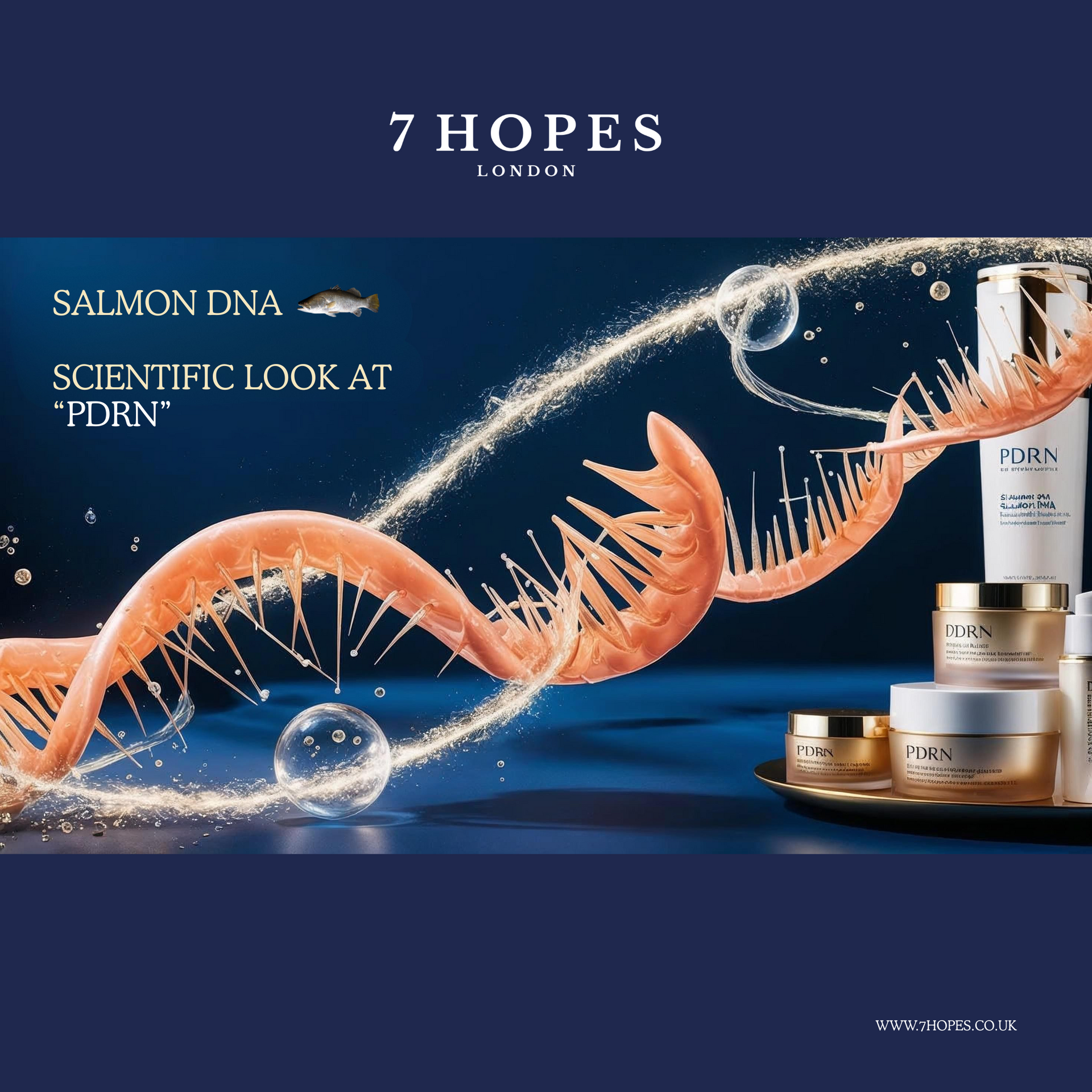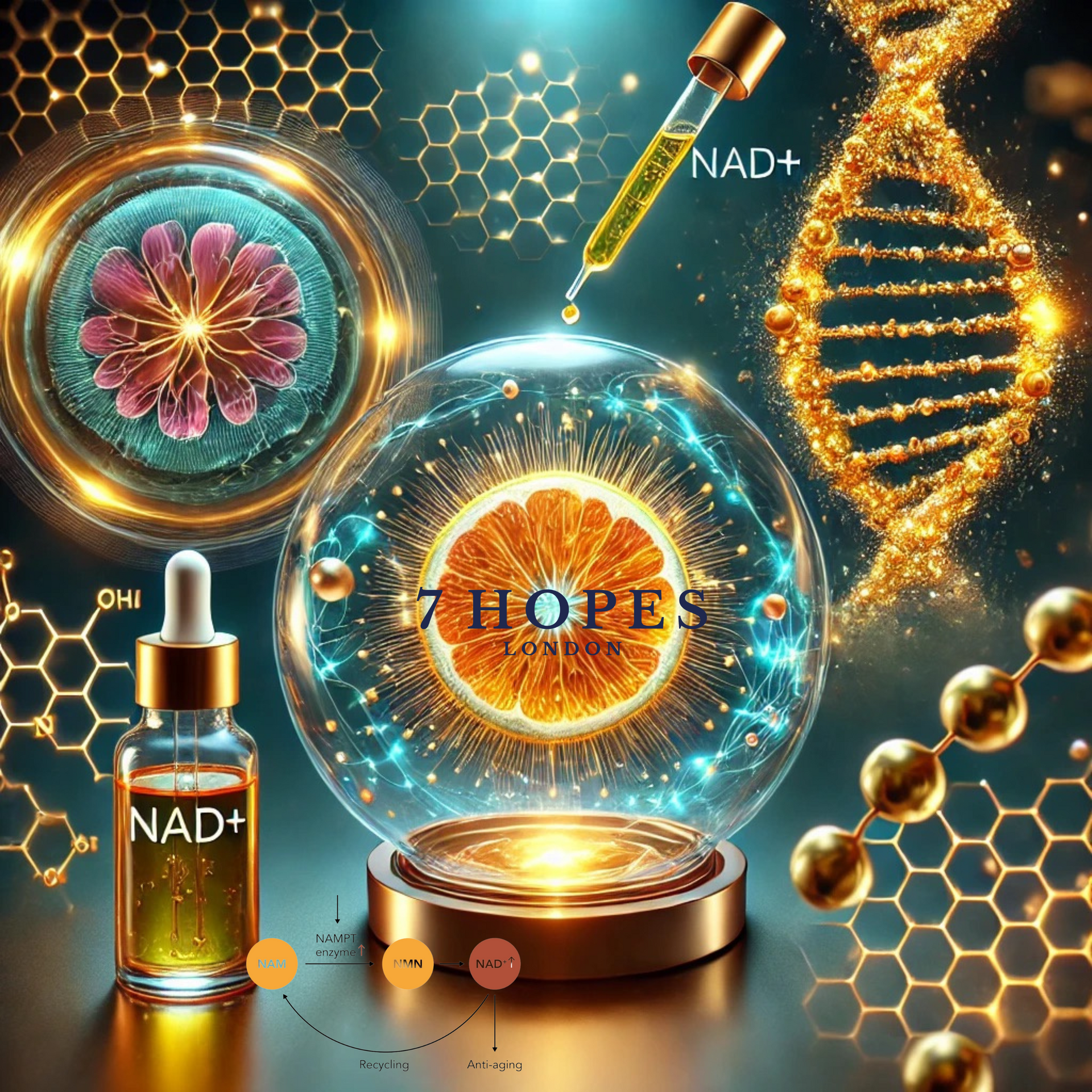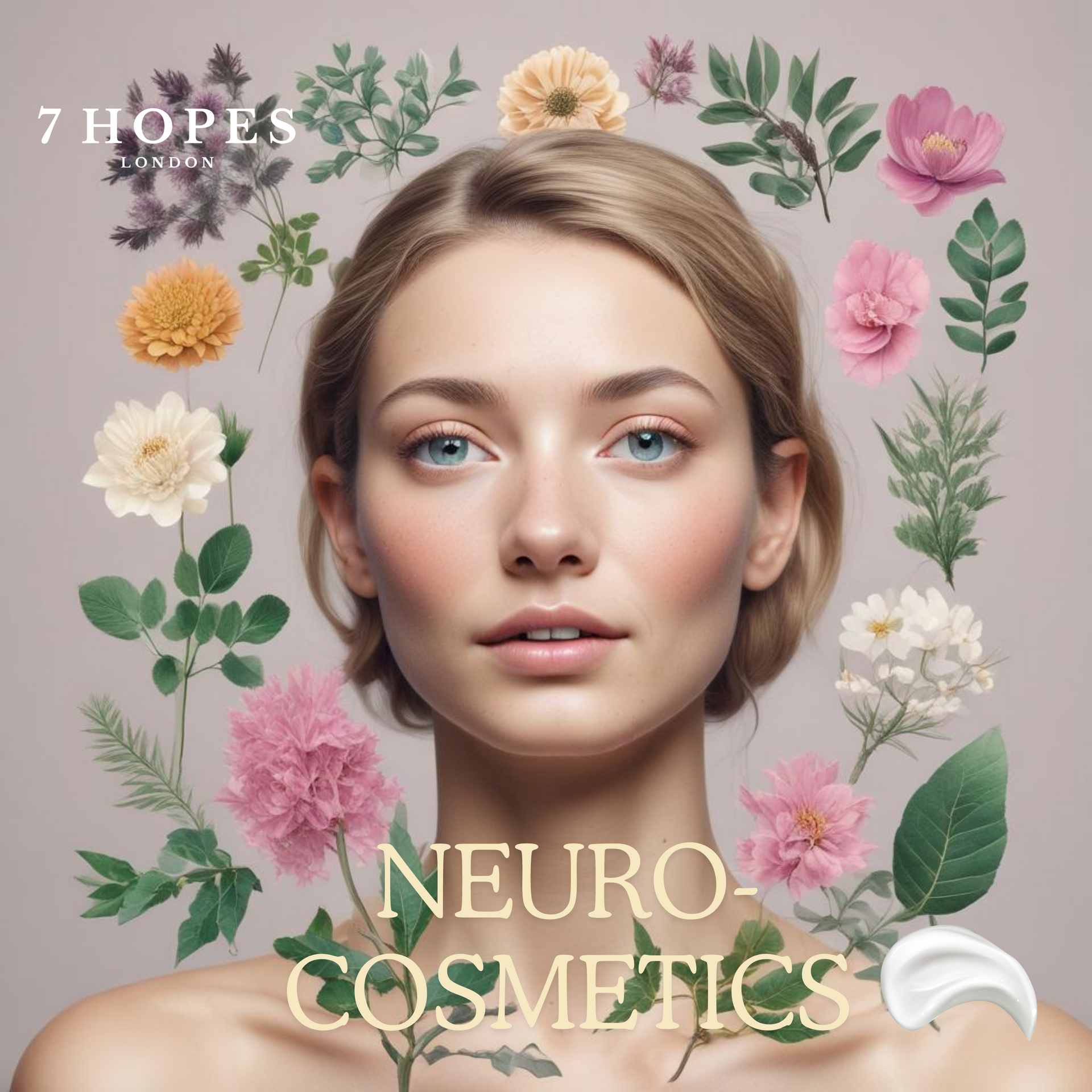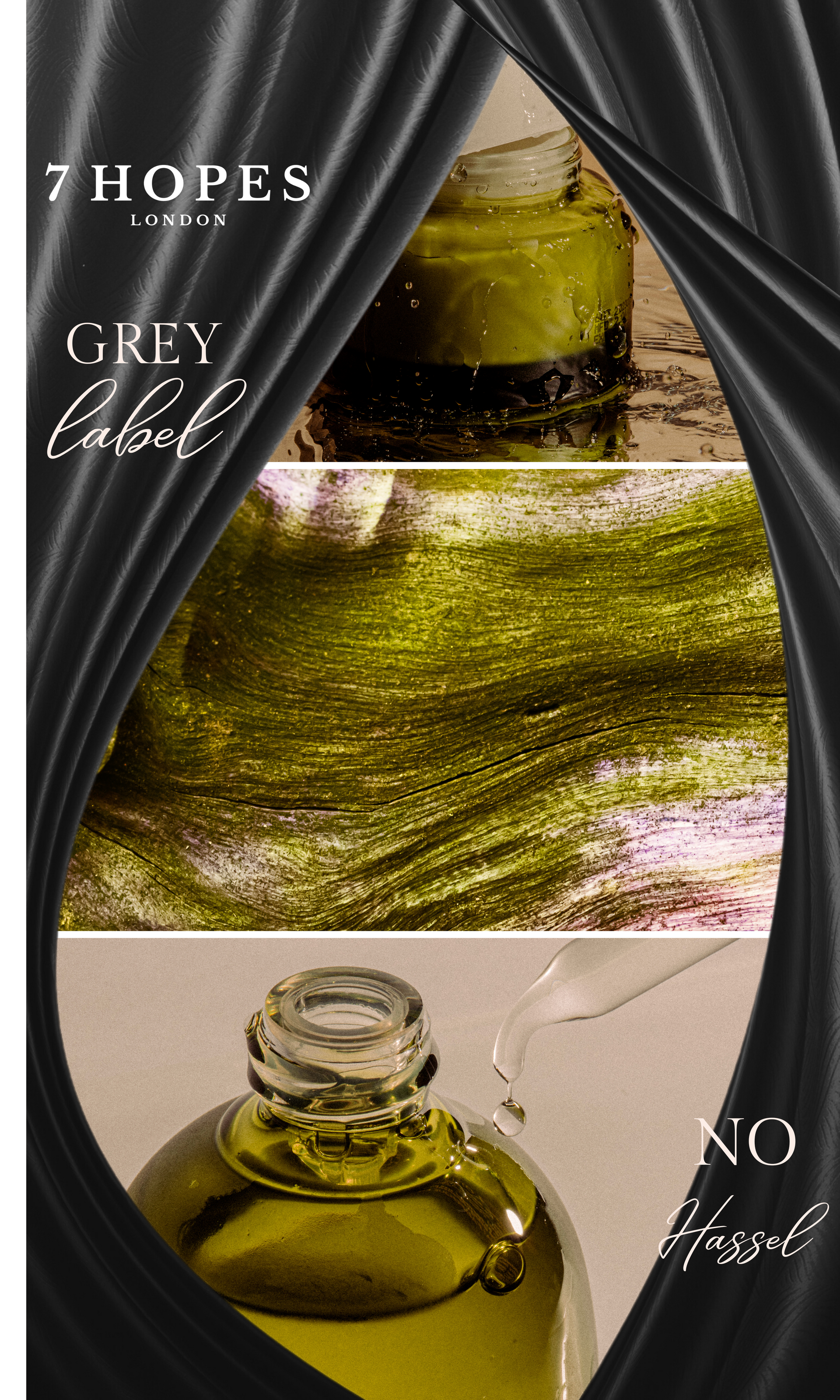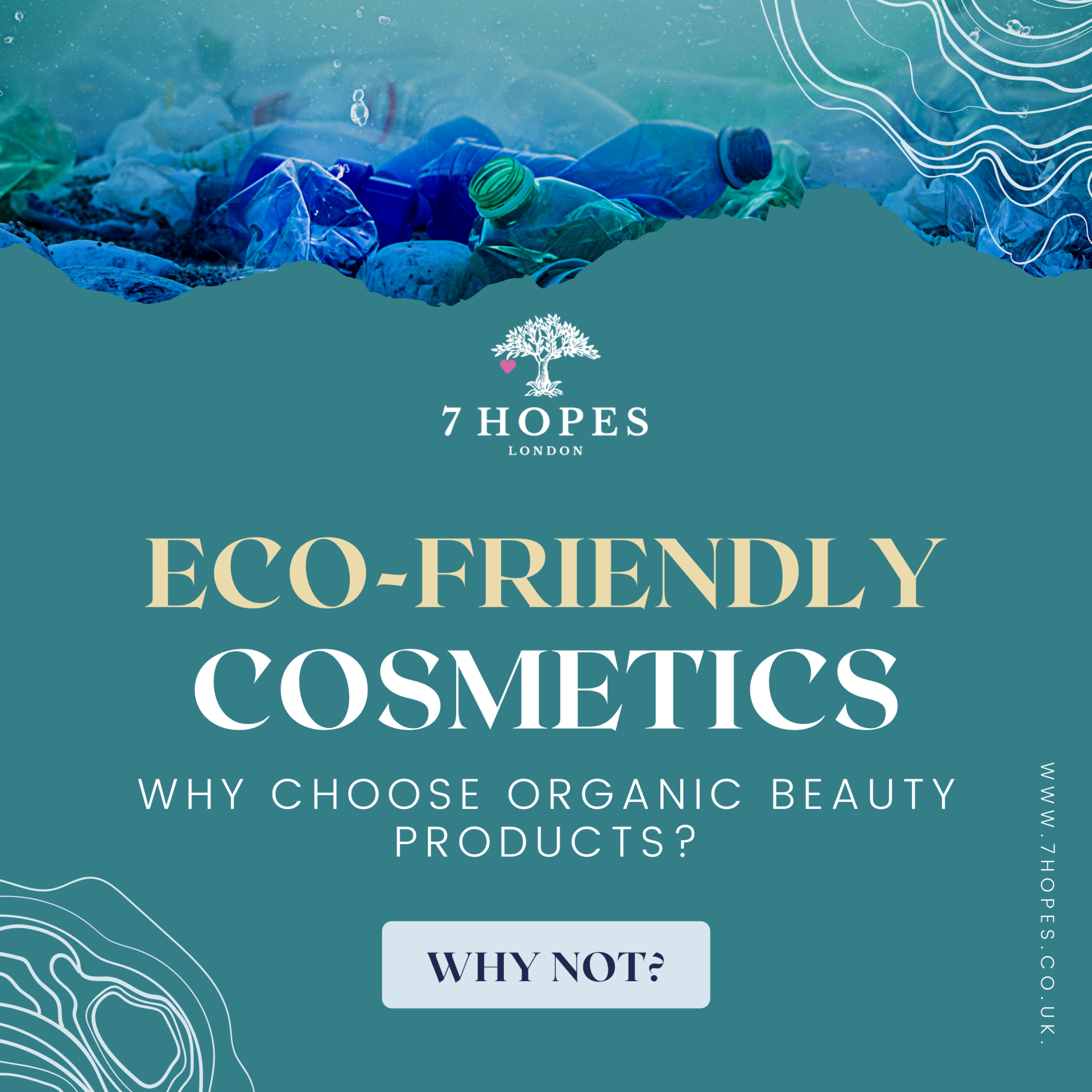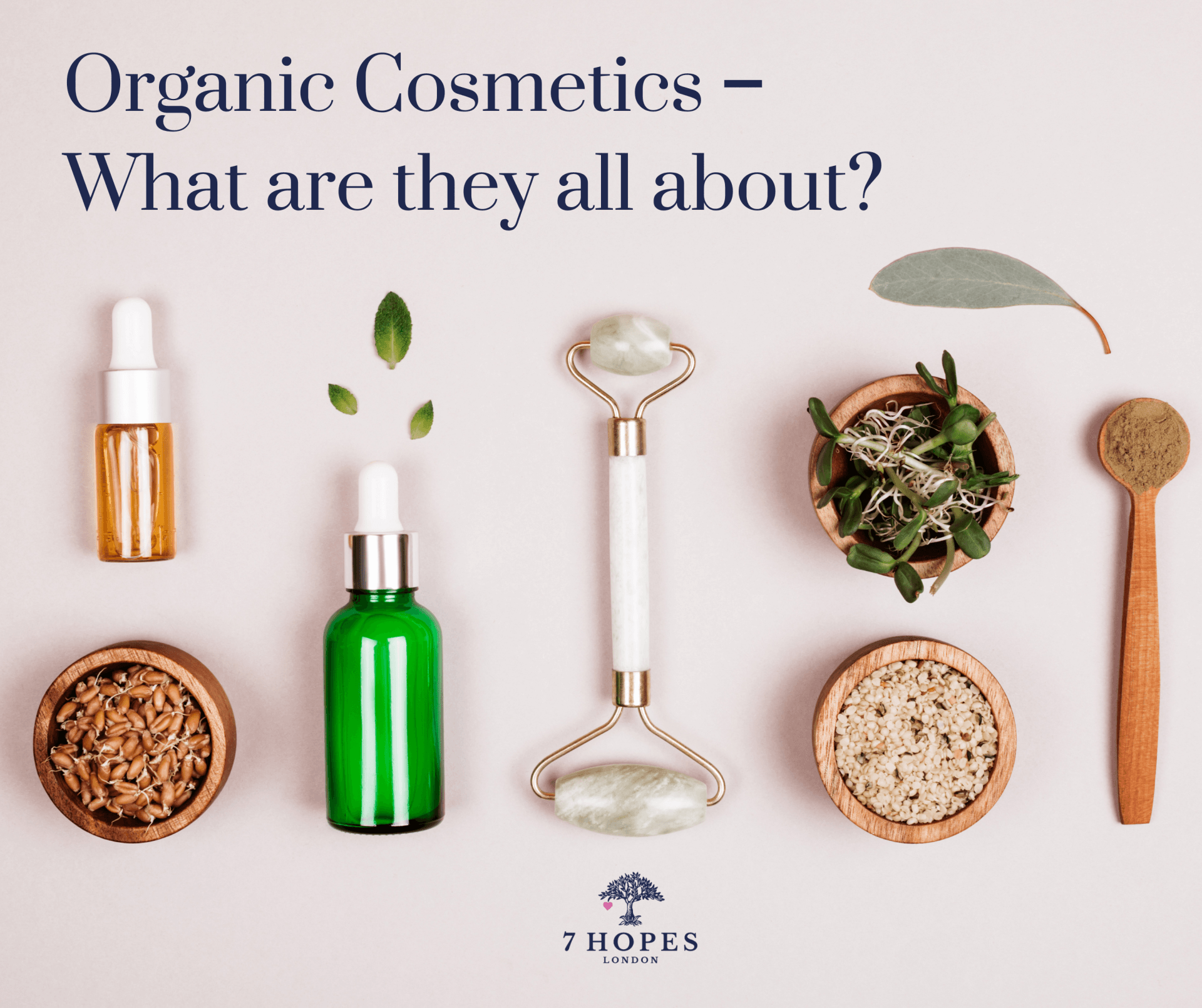"Exosomes Explained: A Breakthrough in Advanced Skincare and Haircare"
"Exosomes: The Tiny Powerhouses Transforming Skincare and Haircare"

In the world of skincare, we’re always on the lookout for the next big thing that promises to rejuvenate, repair, and transform our skin. Today, we’re diving into an exciting area of biotechnology that is making waves in the beauty industry—exosomes. But what exactly are they, and how can they benefit not just our skin, but even our hair? Let’s find out!
What Are Exosomes?
Think of exosomes as tiny messengers produced by your own cells. They are microscopic, membrane-bound vesicles (or “bubbles”) that play a crucial role in cellular communication. These little packets are filled with growth factors, proteins, lipids, and RNA—all of which are essential for your skin’s health and regeneration. Exosomes are naturally released by almost every cell in the body, but in skincare, we focus on those derived from stem cells due to their ability to promote healing and renewal.
A Quick Scientific Dive:
Exosomes are typically between 30-150 nanometers in size, which means they’re even smaller than the cells they come from. They work by delivering biological signals between cells, triggering processes like collagen production, cell turnover, and repair.
How Exosomes Benefit Your Skin
Exosomes offer a more targeted approach to skincare than traditional ingredients like retinoids or peptides. They act like personal trainers for your skin cells, directing them to behave in ways that promote better health, whether it’s boosting elasticity or accelerating healing.
Anti-aging Superheroes:
One of the most exciting benefits of exosomes is their ability to reduce the appearance of fine lines and wrinkles. They work by stimulating fibroblasts—the cells responsible for collagen production. More collagen means firmer, smoother skin, which translates to a more youthful appearance over time.
Healing and Repair:
Exosomes don’t just sit on the surface of your skin. Their small size allows them to penetrate deeply, delivering growth factors that help repair damaged skin cells. This makes exosome-based serums especially useful after cosmetic treatments like microneedling, chemical peels, or laser therapies, as they help speed up recovery and improve results.
Brightening Power:
Dealing with dark spots or hyperpigmentation? Exosomes can help here, too! They work by regulating melanogenesis—the process that leads to the formation of melanin (the pigment responsible for skin color). By controlling this process, exosomes can help reduce uneven pigmentation and promote a more even, glowing complexion.
Exosomes and Haircare: The Future of Healthy, Strong Hair
While exosomes are quickly becoming the stars of the skincare world, they’re also showing promise in the realm of haircare. Healthy hair growth is closely tied to the health of our scalp, and much like the skin on our face, our scalp relies on proper cell communication and regeneration.
Hair Follicle Revival:
Exosomes have been found to promote hair follicle regeneration by sending the right signals to dermal papilla cells, which are responsible for regulating hair growth. This means exosome treatments could potentially help with thinning hair, hair loss, and even encourage the growth of stronger, healthier hair strands.
Combatting Hair Loss:
Exosomes may also help combat conditions like androgenetic alopecia (a common type of hair loss) by reducing inflammation around hair follicles and stimulating the growth cycle. By delivering growth factors directly to the scalp, exosomes encourage dormant follicles to re-enter the growth phase, promoting thicker and more resilient hair.
Scalp Health:
Exosomes can improve overall scalp health by reducing inflammation, regulating oil production, and enhancing hydration. A healthy scalp is key to supporting long-term hair health, and exosomes provide a natural way to nourish the scalp from within.
What to Look for in Exosome-Based Skincare and Haircare Products
Not all exosome products are created equal, so it’s important to choose products from trusted sources. Look for brands that are transparent about where their exosomes are derived from (human stem cells, plant exosomes, etc.) and ensure they’re backed by clinical research. Products containing exosomes should also be stored and formulated correctly to ensure their bioactive compounds remain effective.
The Future is Now: Why Exosomes Are Here to Stay
As researchers continue to explore the potential of exosomes, we’re seeing their use expand beyond just skincare. Whether you’re looking for a powerful anti-aging solution or a way to improve the health of your hair, exosomes offer a cutting-edge, science-backed approach to beauty. With their ability to promote healing, regeneration, and rejuvenation, exosomes are truly the future of both skincare and haircare.
By incorporating exosome-based products into your beauty routine, you’re not just applying a cream or serum—you’re tapping into a natural biological process that encourages your skin and hair to perform at their very best. Stay tuned as we explore more about exosomes and how they can transform the way we approach beauty!
Citations & References
Exosomes in Skincare and Cellular Communication:
Source: "The Role of Exosomes in Cellular Communication and their Potential in Skin Health," Journal of Molecular Biology, 2020.
Key Insight: Explains the mechanism of exosomes in promoting collagen production and skin regeneration.
Anti-aging Effects of Exosomes:
Source: "Exosome-Based Therapies for Skin Rejuvenation," International Journal of Dermatology, 2019.
Key Insight: Provides evidence for exosomes stimulating fibroblasts and promoting skin elasticity and firmness.
Wound Healing and Skin Repair:
Source: "Mesenchymal Stem Cell-Derived Exosomes Enhance Skin Wound Healing," Stem Cell Research and Therapy, 2021.
Key Insight: Discusses how exosomes accelerate skin repair and improve healing after cosmetic treatments.
Exosomes and Pigmentation Control:
Source: "Exosomes in Melanogenesis and Skin Brightening," Pigment Cell & Melanoma Research, 2020.
Key Insight: Describes the role of exosomes in reducing hyperpigmentation by modulating melanin production.
Exosomes in Haircare:
Source: "Exosome Therapy for Hair Follicle Regeneration," Journal of Clinical and Aesthetic Dermatology, 2021.
Key Insight: Studies exosomes’ ability to stimulate hair follicle regeneration and combat hair loss.
Exosome Therapy for Hair Loss:
Source: "Exosomes: A New Approach to Androgenetic Alopecia," Journal of Cosmetic Dermatology, 2022.
Key Insight: Discusses the potential of exosomes in treating androgenetic alopecia by reducing inflammation and stimulating hair growth.

